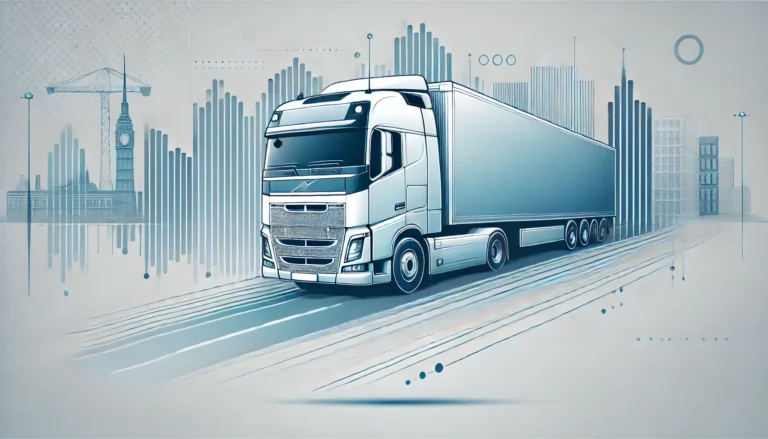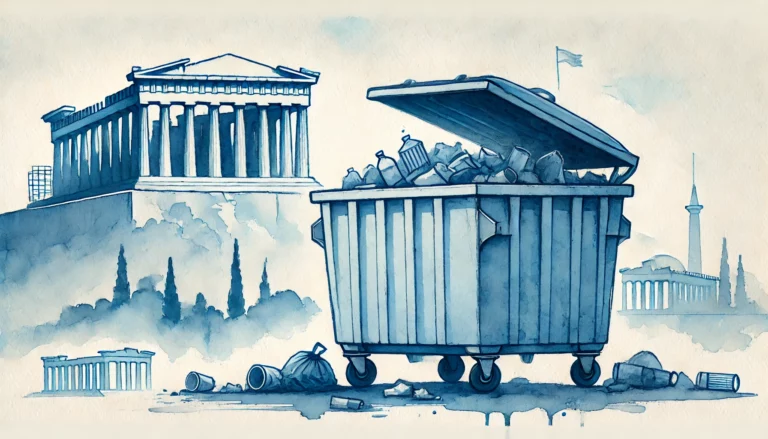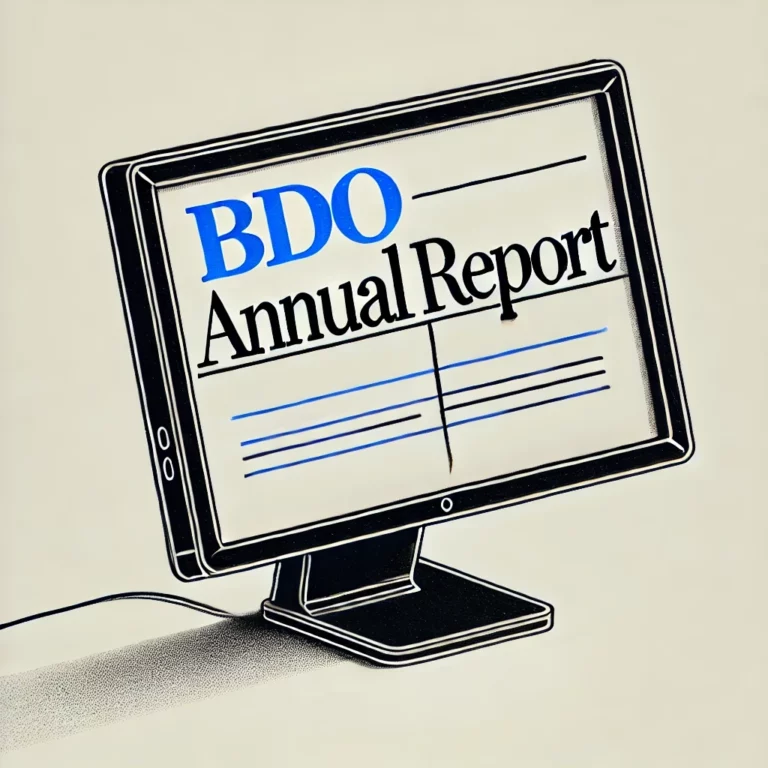5 more things you (probably) didn’t know about waste shipment in Europe
Waste management is a critical aspect of maintaining clean and sustainable communities, especially in Europe where environmental regulations are stringent. But when it comes to waste shipment, there are many surprising elements that most people aren’t aware of. This article uncovers five fascinating facts about waste shipment in Europe that highlight innovative practices, technological advancements, and environmental initiatives. Whether you’re a truck driver involved in waste transport or just curious about how waste is managed, these insights will shed light on an often overlooked but crucial industry.
Marine litter initiatives: cleaning up Europe’s coasts
Marine litter is a significant issue affecting Europe’s coastal regions. To combat this, several initiatives have been launched to clean up beaches and oceans. One of the most notable efforts is the European Union’s Marine Strategy Framework Directive. It aims to achieve good environmental status of the EU’s marine waters. And also to protect the resource base upon which marine-related economic and social activities depend. This directive includes strategies for the collection, transport, and processing of waste gathered from the sea, ensuring that marine litter is properly handled and does not return to the environment.
In addition to the directive, various coastal clean-up projects have been implemented across Europe. These projects involve local communities, volunteers, and organizations. They work together to collect and ship waste from coastal areas to proper waste management facilities. By addressing the issue of marine litter through coordinated efforts, Europe is making significant strides in reducing pollution and protecting marine ecosystems. For example, the Ocean Cleanup project estimates that around 1.15 to 2.41 million tons of plastic enter the ocean annually from rivers, and European initiatives are crucial in mitigating this influx.
Turning trash into power
In Europe, waste-to-energy plants are becoming an essential part of waste management. Countries like Sweden and Denmark are at the forefront, converting a significant portion of their waste into electricity and heating. This process involves burning waste materials to produce steam, which then drives turbines to generate electricity. The heat generated during this process is also used for district heating, providing a sustainable source of energy for homes and businesses. As of 2021, Sweden incinerated about 50% of its household waste to generate energy, showcasing the efficiency and scale of their waste-to-energy infrastructure.
The benefits of waste-to-energy plants are twofold. Firstly, they help reduce the volume of waste sent to landfills, addressing a major environmental concern. For instance, Denmark sends less than 1% of its waste to landfills. Secondly, they provide a renewable source of energy, contributing to Europe’s efforts to reduce reliance on fossil fuels. This innovative approach to waste management demonstrates how Europe is leading the way in creating sustainable solutions for waste disposal and energy production.
Smart waste bins – revolution in waste collection
Smart waste bins are transforming the way waste is collected in many European cities. These bins are equipped with sensors that detect when they are full and automatically send alerts to waste management companies. This technology allows for more efficient collection routes, reducing the number of unnecessary trips and lowering carbon emissions associated with waste shipment. In Barcelona, for example, the implementation of smart waste bins has resulted in a 20% reduction in collection costs and a 60% reduction in overflow incidents.
The implementation of smart waste bins also helps in optimizing resource allocation. Waste management companies can prioritize collections based on real-time data, ensuring that bins are emptied before they overflow. This not only keeps urban areas cleaner but also reduces the operational costs of waste collection services. By leveraging technology, Europe is enhancing the efficiency and effectiveness of its waste management systems. In the UK, the city of Liverpool has seen a 30% reduction in fuel consumption for waste collection trucks due to the use of smart waste bins.
Cross-border waste trade
Transporting waste across European borders involves navigating a complex network of regulations. The Basel Convention and the EU Waste Shipment Regulation are key frameworks that govern the cross-border movement of hazardous and non-hazardous waste. They ensure that waste is transported and disposed of in an environmentally sound manner, preventing illegal dumping and minimizing environmental harm. According to the European Environment Agency, over 9 million tons of waste are shipped across European borders annually.
Compliance with these regulations requires meticulous documentation and tracking of waste shipments. Waste transport companies must provide detailed information about the type, quantity, and destination of waste, ensuring transparency and accountability. This regulatory framework not only safeguards the environment but also promotes responsible waste management practices across Europe, highlighting the importance of international cooperation in addressing global waste challenges.
Bio-waste management
Bio-waste management is an innovative approach that is gaining traction in Europe. Organic waste, such as food scraps and agricultural residues, is transported to anaerobic digestion facilities where it is converted into biogas and compost. Biogas can be used as a renewable energy source, while compost serves as a valuable soil amendment for agriculture. In 2019, Germany alone produced approximately 10 million tons of biogas, demonstrating the significant potential of bio-waste management.
This method of waste management offers several environmental benefits. It reduces the amount of organic waste sent to landfills, thereby cutting down on methane emissions, a potent greenhouse gas. Additionally, the production of biogas and compost from organic waste supports sustainable agricultural practices and contributes to the circular economy. By turning organic waste into valuable resources, Europe is demonstrating a commitment to sustainability and innovation in waste management.
***
Europe’s approach to waste transport is characterized by innovation, regulation, and a commitment to sustainability. The continent is pioneering new methods to manage waste effectively. The complex network of regulations governing cross-border waste trade and the forward-thinking bio-waste management practices further illustrate Europe’s leadership in this field. These efforts not only protect the environment but also promote a more sustainable future for waste management. These insights offer a fascinating glimpse into the advanced and diverse strategies employed in Europe.







